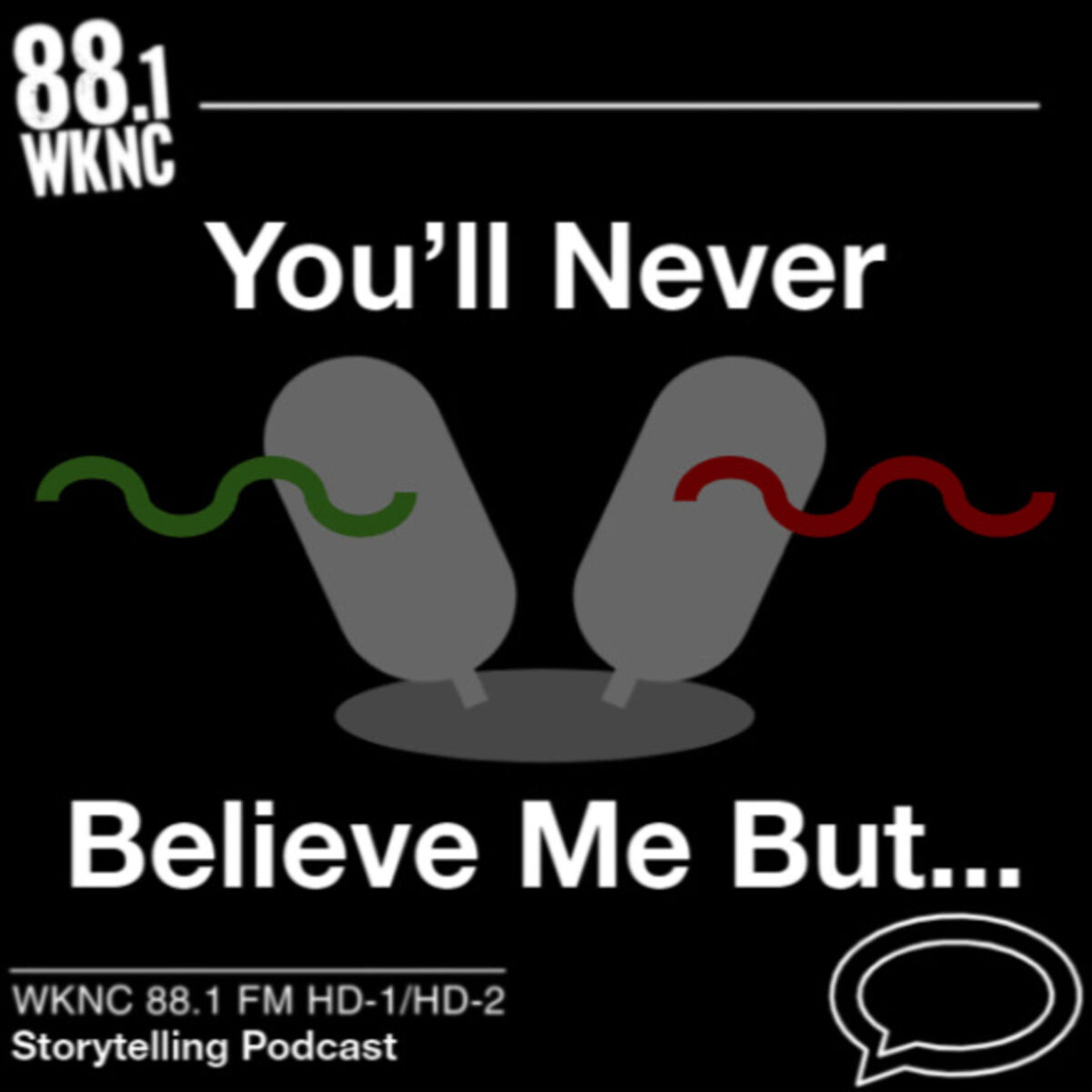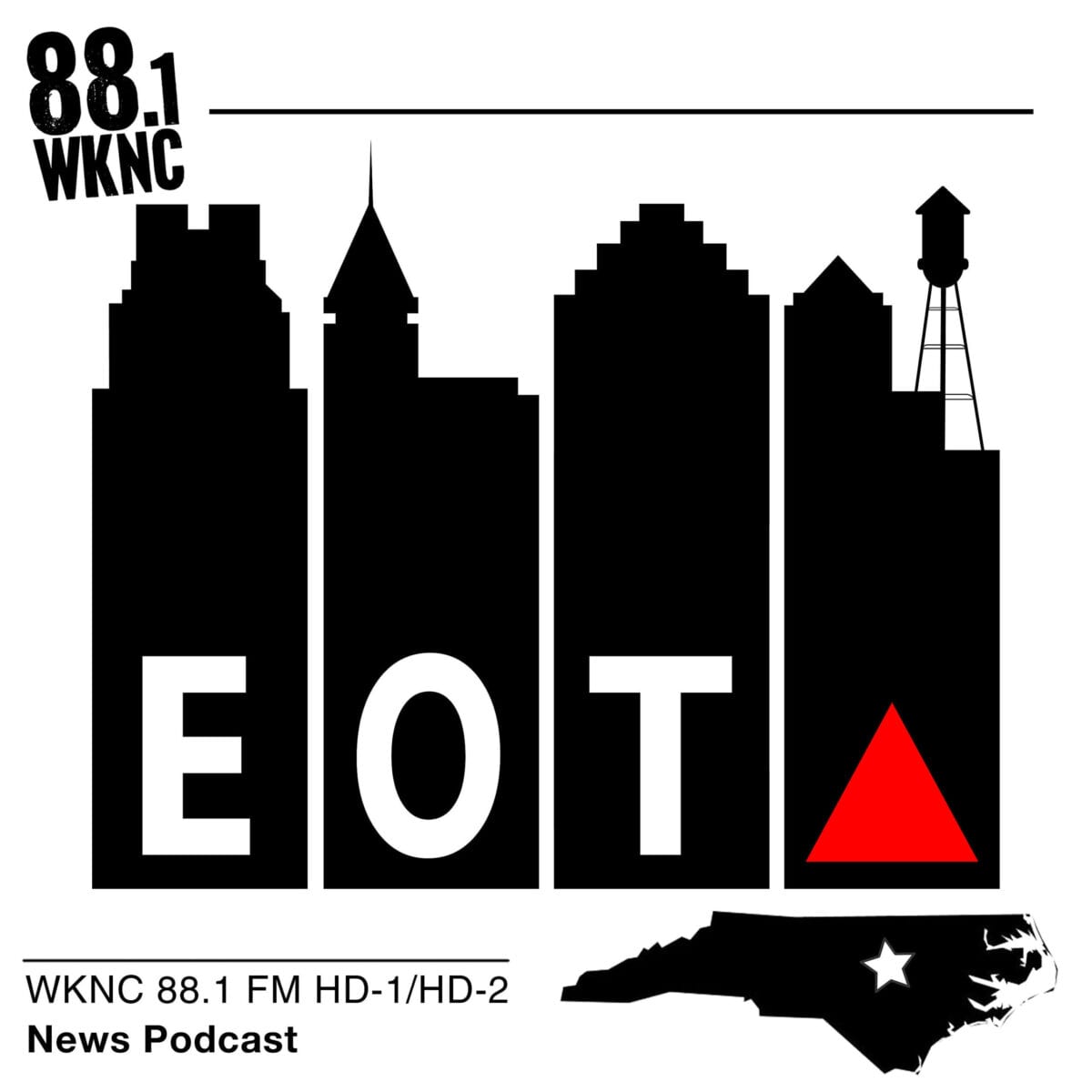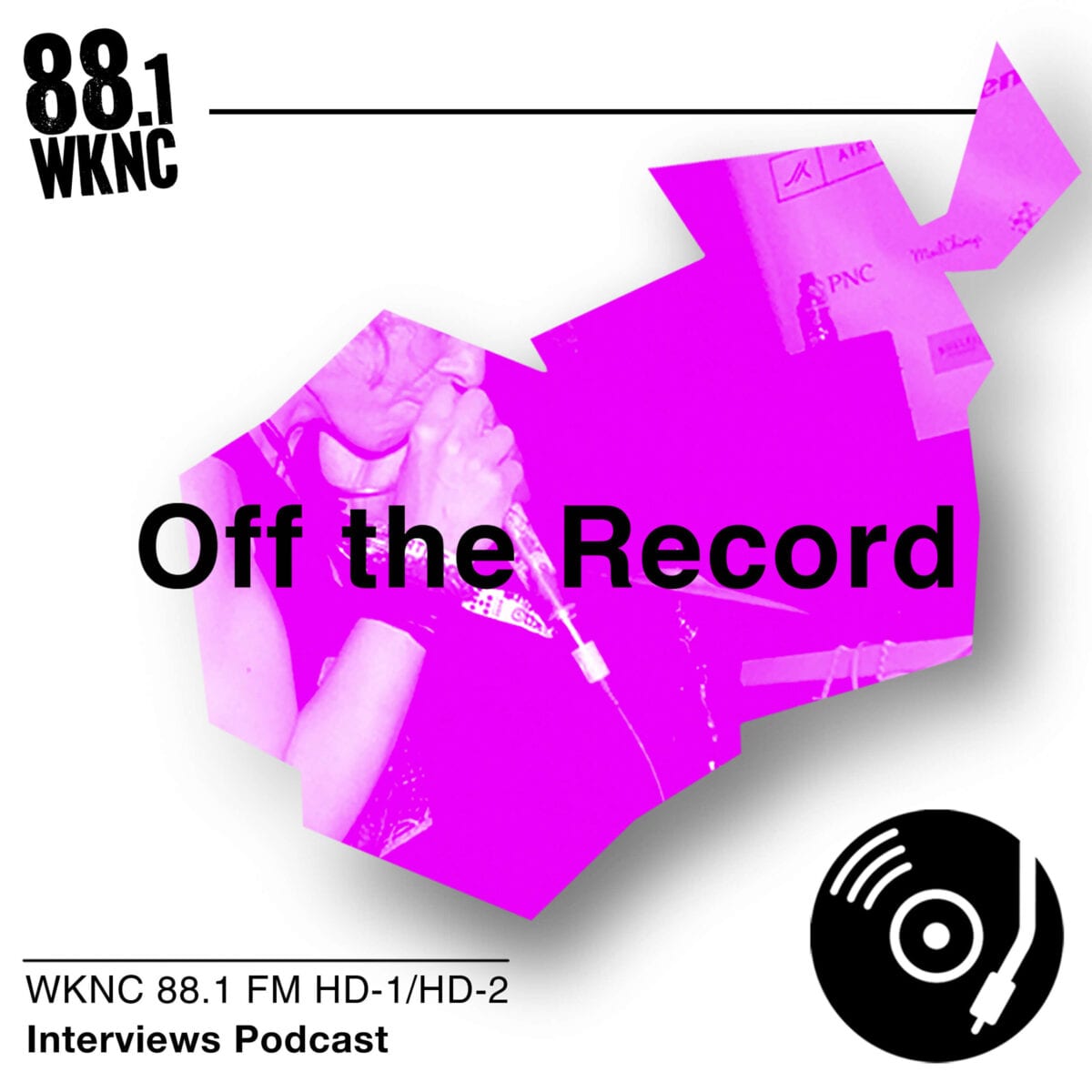In this episode of You’ll Never Believe Me But… Cutter’s younger sibling, Phoenix, comes in to discuss their experience with flirtatious fictional characters and a walk out created at their school, as well as decide between Cutter’s stories.
Fictional Flirts and School Walkouts



